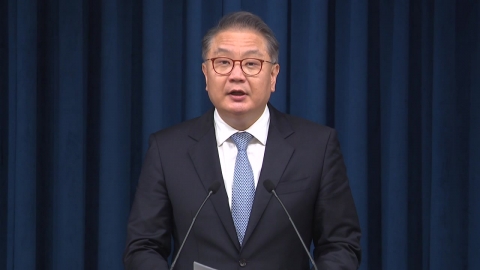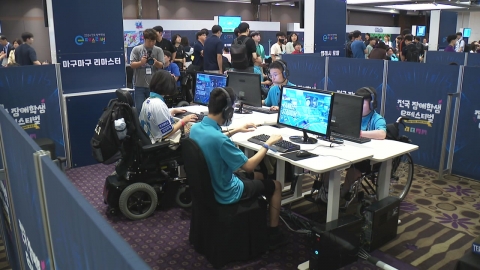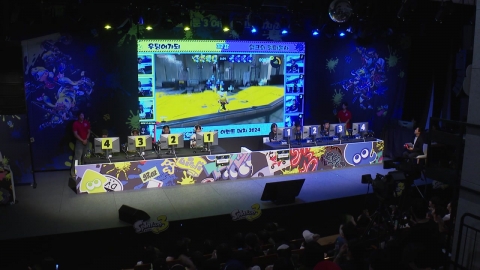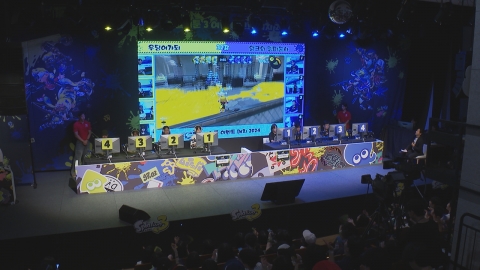After nearly 40 years of suspending follow-up meetings since the 5th Joint Committee was held in 1985, Korea and Japan held the 6th Joint Committee in Tokyo today afternoon (26th).
Hwang Joon-sik, Director of International Law at the Ministry of Foreign Affairs, Yoon Chang-hyun, Director of Resource Industry Policy at the Ministry of Trade, Industry and Energy, and Akihiro Okouchi, Director of the Asia Pacific Bureau at the Ministry of Foreign Affairs, and Hajime Wakuda, Director of Resource Fuel at the Ministry of Economy, Trade and Industry, respectively attended the meeting.
An official from the Ministry of Foreign Affairs said, "The joint committee is the result of our government's continuous demand from Japan to hold the joint committee," adding, "We will take an active attitude and consider various countermeasures with all the scenarios related to the agreement in mind."
The agreement, which took effect on June 22, 1978, expires on June 22, 2028, and from June next year, three years before the expiration of the agreement, either party may notify the end of the agreement.
Earlier, after the joint exploration of Korea and Japan in 2002, Japan showed a passive attitude toward joint development of the 7 mine area due to its lack of economic feasibility, and there were observations that it would seek to develop alone after the end of the agreement.
However, the Ministry of Foreign Affairs explained that even if the agreement ends, Japan cannot monopolize the authority to develop resources or engage in unilateral development without the consent of Korea, as it remains a "borderless undetermined" zone under international law.
Earlier, Foreign Minister Cho Tae-yeol said in a question to the government on the 10th that he is persuading the government to do so because the continuation of the agreement system is important for bilateral relations and will be a more friendly atmosphere for negotiations.
※ 'Your report becomes news'
[Kakao Talk] YTN Search and Add Channel
[Phone] 02-398-8585
[Mail] social@ytn.co.kr
[Copyright holder (c) YTN Unauthorized reproduction, redistribution and use of AI data prohibited]
Politics
View the full list of articles- Yoon said, "AI declares all-out war..."Three Big Powers by 2027"
- The plenary session was adjourned...Human Rights Commissioner's ruling party's recommendation only in the aftermath of the "negative"
- Presidential Office "Investing 65 trillion won in private, AI for 4 years...Support for Special Taxation"
- Slovak Prime Minister's Official Visit to Korea...a meeting with President Yoon





![[On the set of Y] The band boom...Dragon Pony "Roll Model Coldplay" (Roundup)](https://image.ytn.co.kr/general/jpg/2024/0926/202409261549246908_h.jpg)
![[Site Y] Dragonfoni "It will be a lubricant for the band boom era."](https://image.ytn.co.kr/general/jpg/2024/0926/202409261459274126_h.jpg)


